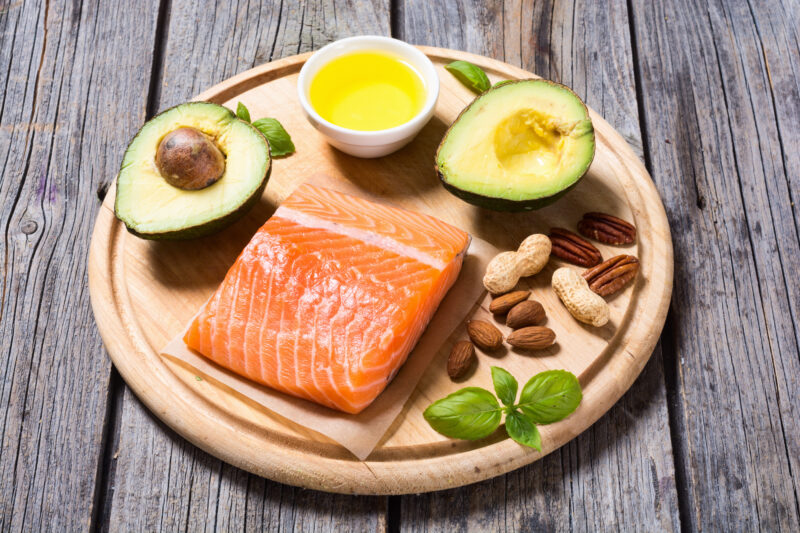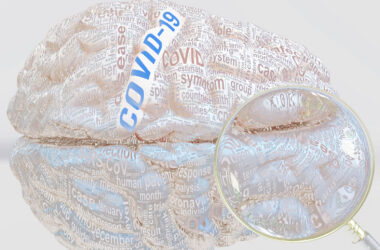Everyone thinks mental health, intellectual growth and brain functioning starts with things like books and crossword puzzles. While that’s certainly true, and those activities are great ways to boost cognitive abilities, researchers agree that the foundation for fluid mental activity starts with something else: the food you eat.
Even deeper, your diet affects not just cognitive functioning – it also affects your mood as well.
Best part is that, with a healthy diet, you can maintain healthy mental well-being until late in your life. We’ll list a few food items that can get you on that path immediately.
Blueberries
Blueberries have gotten plenty of positive press, especially since becoming a superfood . Their benefits are enormous, such as protecting against Alzheimer’s and dementia, as well as improving learning and motor skills.
It’s recommended to eat at least 1 cup of blueberries per day – either frozen or fresh
Salmon
When we say salmon, we really mean essential fatty acids (such as Omega-3). These acids are especially important for mental performance (learning and remembering) as well as behavioral function.
Salmon is just one source of Omega-3s. Other reliable sources are tuna, halibut, sardines, krill and herring. Ideal intake would be one 4-ounce serving, two to three times per week.
Avocados
Avocados gained steam being publicized in those same superfood conversations as blueberries. That’s because it contains extremely healthy fats, monounsaturated fats that lower blood pressure and increase blood flow in the brain.
A healthy portion would be a quarter to a half of avocado per day.
Nuts and seeds
One constant food in a healthy human diet is the presence of nuts – so much so that a Harvard study found that of 100,000 people, those who ate nuts regularly had a 20% lower death rate than those who didn’t.
Now, in terms of the brain, they’re a great source of Vitamin E – which help prevent cognitive decline as one ages.
Your selection is wide here: walnuts (considered the healthiest), almonds, hazelnuts, peanuts, sunflower seeds, sesame seeds and cashews. You can also go with spreads, such as peanut butter, almond butter and tahini, so long as they are not hydrogenated.
Pomegranate juice
We had to include at least one liquid here (it’s much easier to drink pomegranate as opposed to eat it). Pomegranates are valuable for their antioxidants, which protect against the damage of free radicals.
You don’t need much here – two ounces a day will do, balanced with some spring or seltzer water.
Fortunately, most of these foods are easy to find and probably offered at your local grocer. Keep in mind that this diet goes both ways – while your brain responds positively to the vitamin-rich foods, it can also see negative consequences from unhealthy foods, such as refined sugars and processed foods.
If you have any dietary questions at all, you can ask our staff at Kuether Brain and Spine.










